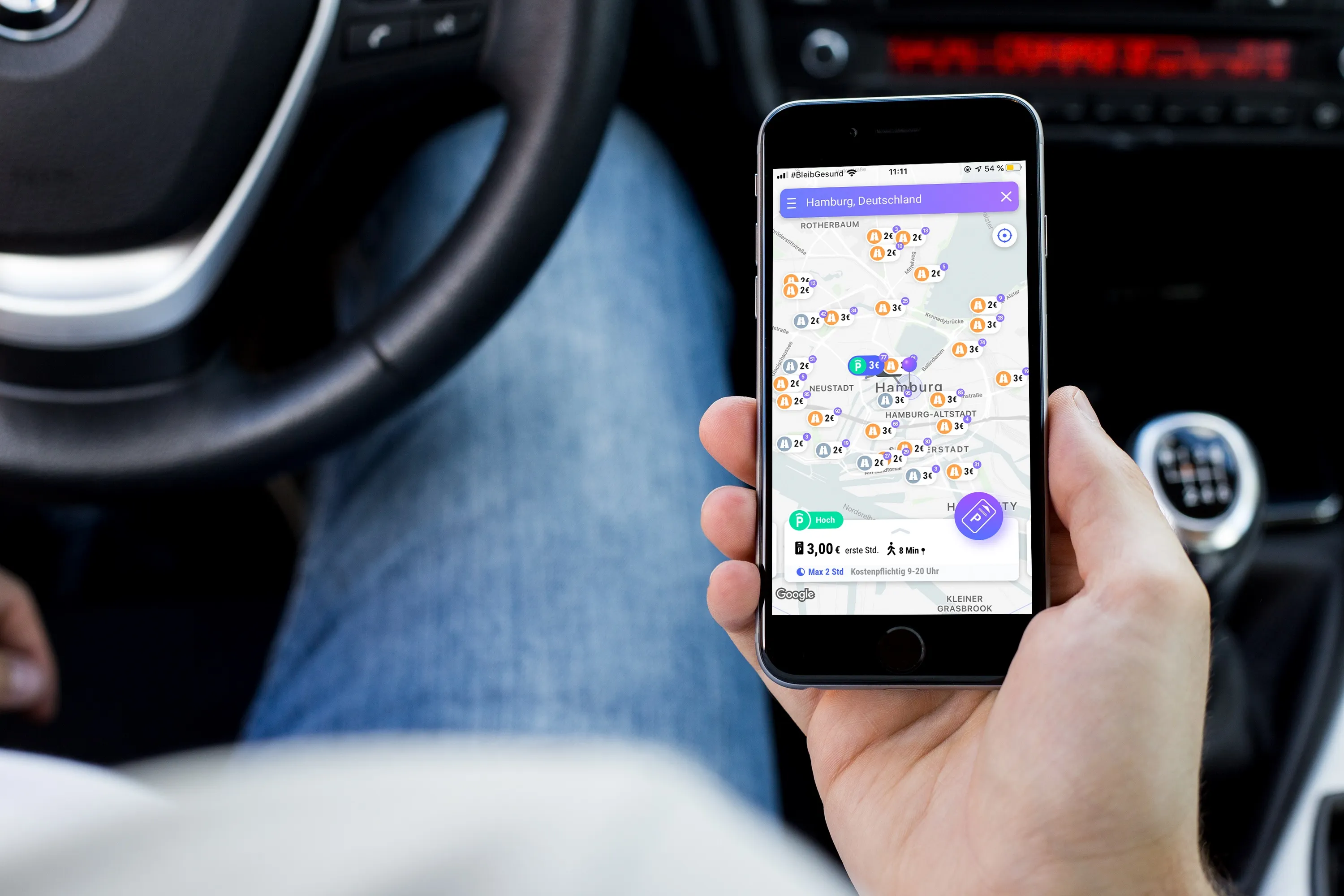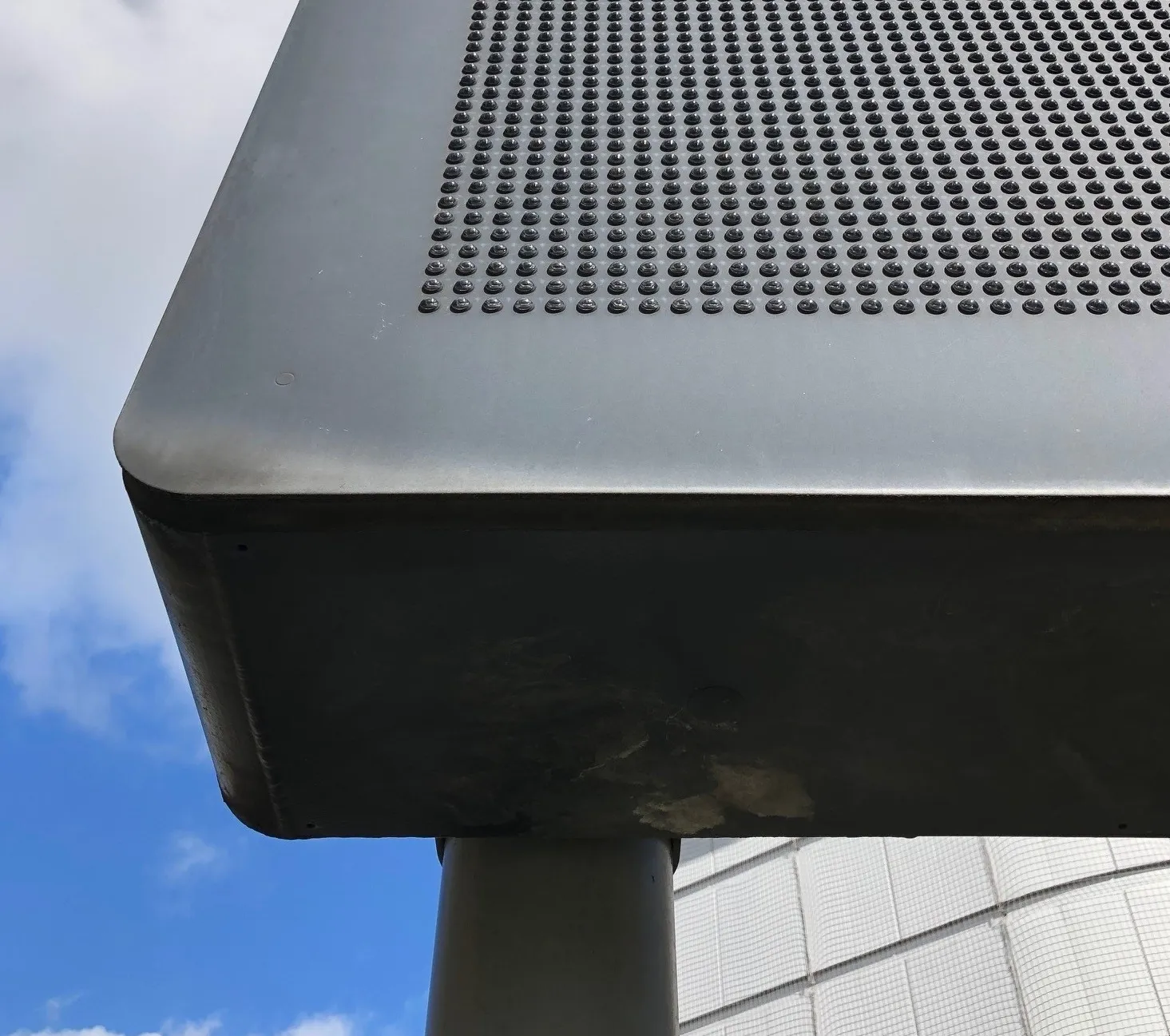
Swarco and Parkopedia are to provide one another with parking data in Europe.
Swarco’s Parco location and payment app will now integrate Parkopedia’s on- and off-street parking information, which covers garage and street parking in 15,000 cities and 89 countries worldwide, covering over 70 million parking spaces.
Parco, which launched two years ago and is jointly developed with ParkHere, operates in 190 German cities at present and can be downloaded on Apple App Store and Google Play Store.
In return, Parkopedia will get unique car park data which it will use to improve its own coverage.
Uwe Pertz, Swarco head of parking & e-mobility in Germany, says: “This integration will improve the driver experience by allowing drivers to plan trips as well as find and navigate to the nearest free or cheapest parking space.”










